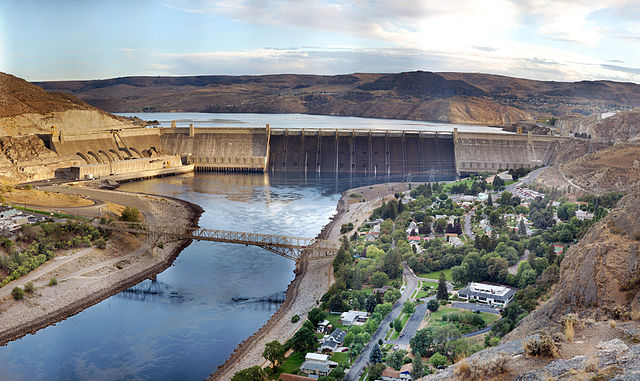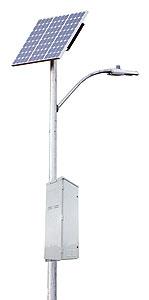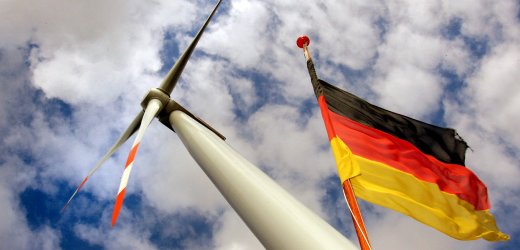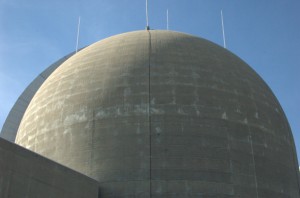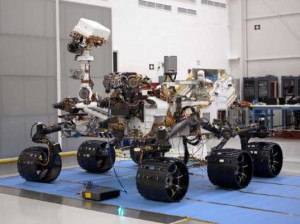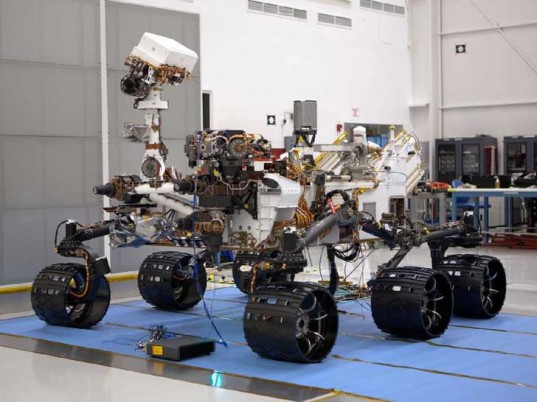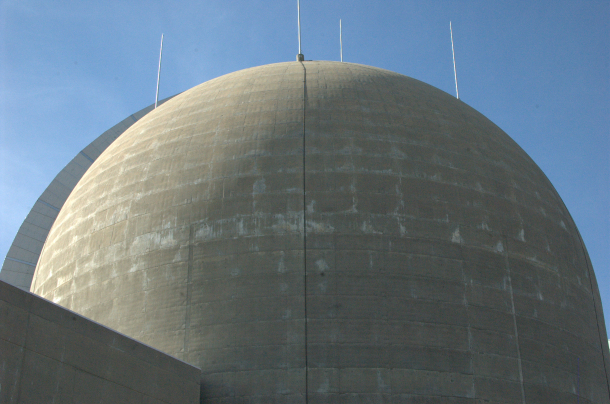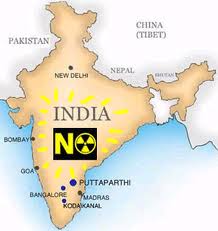
After the Fukushima disaster wiped out the future of nuclear energy, wind energy has taken on a new swing: a wind turbine that could generate twice or even three times the energy that regular turbines put out so far.
Ever since March last year, a team at the Kyushu University have been testing their “Windlens” – turbine units with a capacity of 70 to 100 kW (blade diameter of 12.8) – in an attempt to bring down wind power costs so it can rival coal and nuclear energy.
The idea behind them is to introduce to the Japanese and eventually the global market a brand new wind turbine concept, since previous models left a lot of users and policy makers disappointed: the turbines were underdeveloped, which led to a short, inefficient and noisy life.

 Follow
Follow